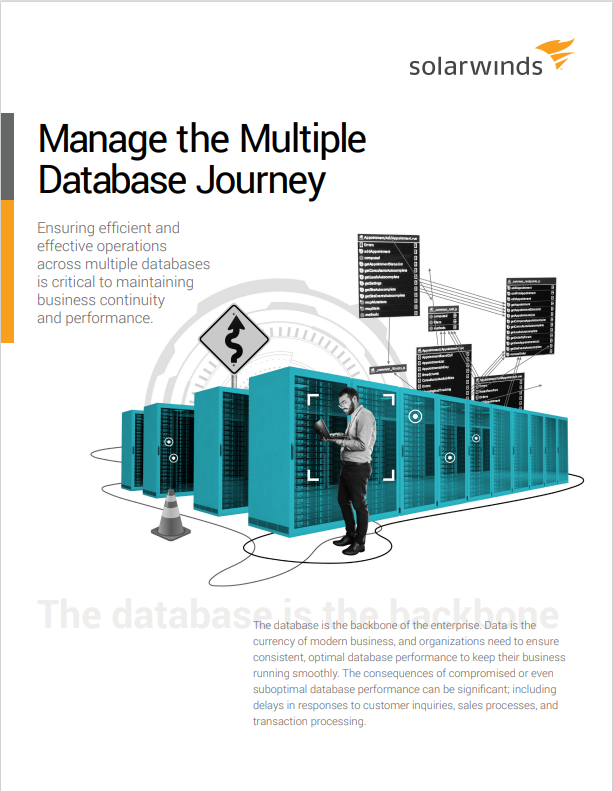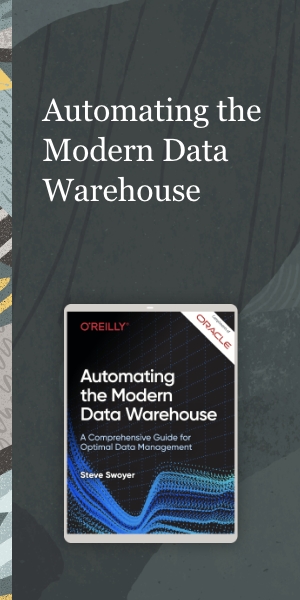Yes, you can use Excel as an enterprise database tool
Don’t be so quick to pin the government’s latest track and trace blunder on its choice of tools


As a tech person, there’s nothing quite as infuriating as seeing people dispensing opinions on technology that have quite clearly been pulled directly out of their posteriors. We saw it with US and UK governments’ Huawei bans, and it’s now rearing its head again with the news that England’s much-vaunted track and trace system neglected to count around 16,000 cases due to a technical error.
This technical error is currently believed to be the result of using an Excel spreadsheet to store case records, which hit the maximum number of columns and then stopped updating. These reports are unconfirmed at time of writing, but this hasn’t stopped political commentators from flocking to Twitter to take potshots at the government for ‘wasting billions’ on a track and trace system that uses ‘a consumer app’ to store records. Excel, so they say, isn’t a database system, and the government is wrong and stupid for using it as such.
While I’m no fan of the current government or it’s handling of the coronavirus crisis, this grinds my gears somewhat. As any IT person worth their salt will be able to tell you, Excel is actually a phenomenally powerful database tool when used in the right way. With the right formulas and macros, it can do just about anything, and it even includes support for highly advanced tools like SQL queries.
Many databases run quite happily as Excel spreadsheets, and suggesting that Excel is somehow incompatible with these use-cases is simply incorrect. What’s more, it does a great disservice to the extreme flexibility and extensibility of Microsoft’s industry-standard spreadsheet package. Excel is, in many ways, the swiss army knife of enterprise IT, able to turn its hand to a truly staggering array of applications.
However, some situations require more than a swiss army knife – and it’s here where the jibes have hit upon a grain of truth. If the track and trace programme has been using Excel as its main platform for storing records of cases (although remember that this is still yet to be confirmed) then the problem isn’t with using Excel as a database platform, it’s with using Excel as a platform for such a large and rapidly-changing database.
The fact is, flexible though it may be, Excel is only an effective tool for managing databases up to a certain size. Quite aside from the problem of column limitations, you start running into performance issues once the database grows too large. Not only that, but fully-fledged database management platforms like SQL Server offer far more fine-grained control and querying capabilities, as well as more integration and processing options.
The IT industry has spent years perfecting database technology in a dizzying array of permutations and combinations, including SQL, MySQL, PostgreSQL, NoSQL and many, many more. They’re the building blocks of enterprise software development, and there is a wealth of knowledge and support out there for those that wish to use it, not to mention legions of qualified database administrators to run them.
Get the ITPro daily newsletter
Sign up today and you will receive a free copy of our Future Focus 2025 report - the leading guidance on AI, cybersecurity and other IT challenges as per 700+ senior executives
To my eyes, what this indicates is a system that has been hastily cobbled together, using the tools that were immediately available to hand; a bodge-job using components that were just about good enough to serve the intended function, rather than the ones that were best-suited to it. You can accuse the government of incompetently building a flawed system using poorly-chosen tools by all means, but laying the blame at the feet of Excel and dismissing it as a spreadsheet programme that shouldn’t run databases is similarly short-sighted and ignorant.
Adam Shepherd has been a technology journalist since 2015, covering everything from cloud storage and security, to smartphones and servers. Over the course of his career, he’s seen the spread of 5G, the growing ubiquity of wireless devices, and the start of the connected revolution. He’s also been to more trade shows and technology conferences than he cares to count.
Adam is an avid follower of the latest hardware innovations, and he is never happier than when tinkering with complex network configurations, or exploring a new Linux distro. He was also previously a co-host on the ITPro Podcast, where he was often found ranting about his love of strange gadgets, his disdain for Windows Mobile, and everything in between.
You can find Adam tweeting about enterprise technology (or more often bad jokes) @AdamShepherUK.
-
 Should AI PCs be part of your next hardware refresh?
Should AI PCs be part of your next hardware refresh?AI PCs are fast becoming a business staple and a surefire way to future-proof your business
By Bobby Hellard Published
-
 Westcon-Comstor and Vectra AI launch brace of new channel initiatives
Westcon-Comstor and Vectra AI launch brace of new channel initiativesNews Westcon-Comstor and Vectra AI have announced the launch of two new channel growth initiatives focused on the managed security service provider (MSSP) space and AWS Marketplace.
By Daniel Todd Published
-
 Sourcetable, a startup behind a ‘self-driving spreadsheet’ tool, wants to replicate the vibe coding trend for data analysts
Sourcetable, a startup behind a ‘self-driving spreadsheet’ tool, wants to replicate the vibe coding trend for data analystsNews Sourcetable, a startup developing what it’s dubbed the world’s first ‘self-driving spreadsheet’, has raised $4.3 million in funding to transform data analysis.
By Ross Kelly Published
-
 ‘The entire forecasting business process changed’: Microsoft CEO Satya Nadella says Excel changed the game for enterprises in 1985 – he’s confident AI tools will do the same
‘The entire forecasting business process changed’: Microsoft CEO Satya Nadella says Excel changed the game for enterprises in 1985 – he’s confident AI tools will do the sameNews The Microsoft CEO says we need to change how we measure the value of AI
By George Fitzmaurice Published
-
 Microsoft dismisses claims it’s using Word and Excel data to train AI
Microsoft dismisses claims it’s using Word and Excel data to train AINews Reports circulated from users that the firm had quietly introduced an opt-out feature on its training policy
By George Fitzmaurice Published
-
 Datadog Database Monitoring extends to SQL Server and Azure database platforms
Datadog Database Monitoring extends to SQL Server and Azure database platformsNews The tool offers increased visibility into query-level metrics and detailed explanation plans
By Praharsha Anand Published
-
 Oracle and Microsoft announce Oracle Database Service for Azure
Oracle and Microsoft announce Oracle Database Service for AzureNews Azure users can now easily provision, access, and monitor enterprise-grade Oracle Database services in Oracle Cloud Infrastructure
By Daniel Todd Published
-
 Elastic expands cloud collaboration with AWS
Elastic expands cloud collaboration with AWSNews Partnership aims to ease migration to Elastic Cloud on AWS, as well as simplify onboarding and drive go-to-market initiatives
By Daniel Todd Published
-
 Manage the multiple database journey
Manage the multiple database journeyWhitepaper Ensuring efficient and effective operations across multiple databases
By ITPro Published
-
 Automating the modern data warehouse
Automating the modern data warehouseWhitepaper Freedom from constraints on your data
By ITPro Published